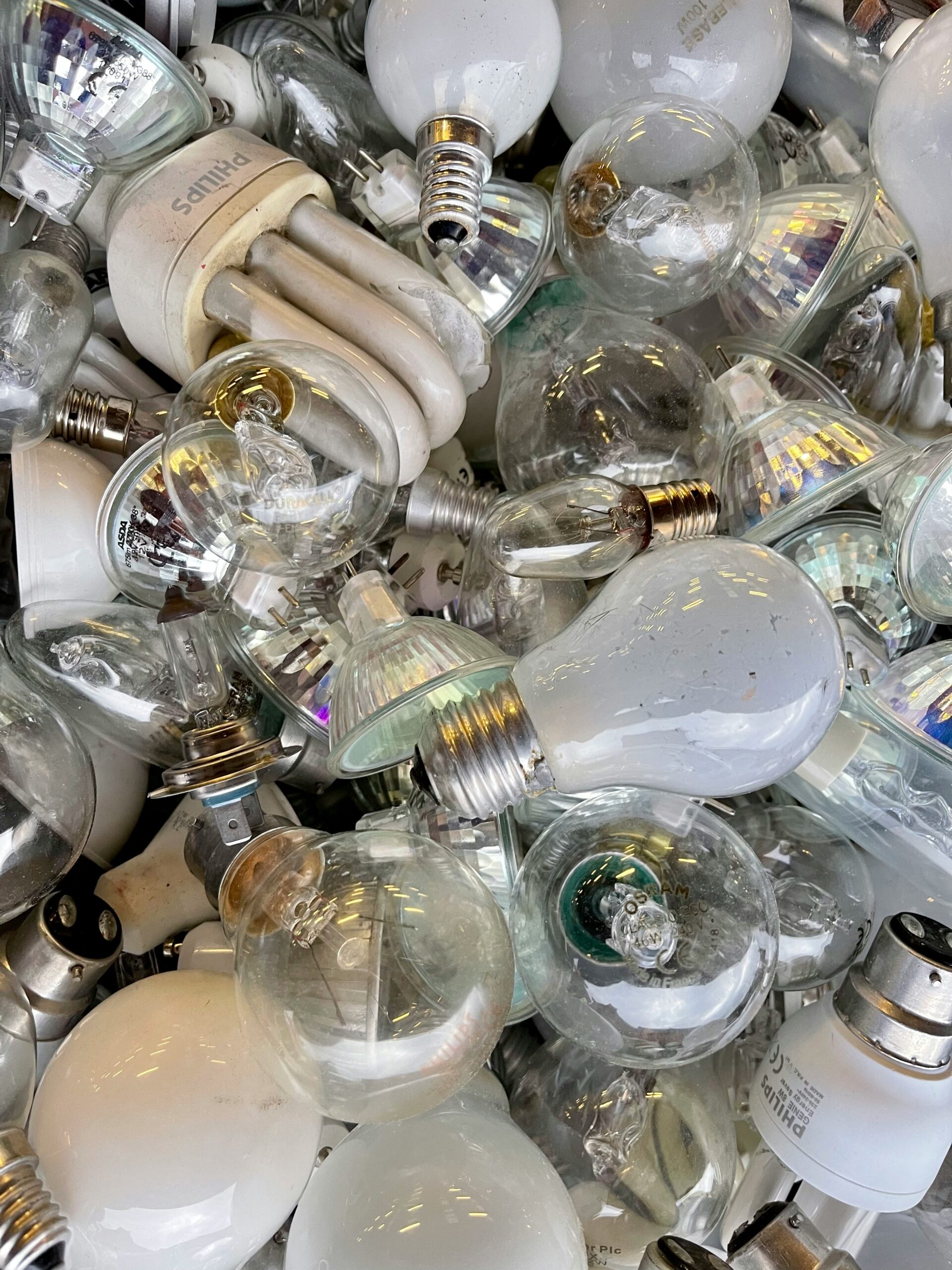A Guide to Old Light Bulb Disposal
As an Amazon Associate, I earn from qualifying purchases.
As we strive towards more sustainable living, it’s crucial to consider the proper disposal of everyday items, including old light bulbs. Whether you’re replacing incandescent bulbs with energy-efficient LEDs or upgrading to smart lighting systems, knowing how to dispose of old light bulbs responsibly is essential for minimizing environmental impact. In this guide, we’ll explore various methods for disposing of old light bulbs safely and provide resources for finding more information in your local community.
Why Proper Light Bulb Disposal Matters
Old light bulbs, particularly incandescent and compact fluorescent lamps (CFLs), contain materials that can be harmful to the environment if not disposed of correctly. CFLs, for example, contain small amounts of mercury, while incandescent bulbs may contain lead and other metals. When these bulbs end up in landfills, the hazardous materials can leach into the soil and water, posing risks to human health and the ecosystem.
Additionally, many light bulbs, including LEDs, contain valuable materials such as glass, metal, and plastic, which can be recycled and reused. By properly disposing of old light bulbs, we can reduce waste, conserve resources, and promote a more sustainable approach to lighting.
Methods for Disposing of Old Light Bulbs
1. Recycling Centers: Many communities have designated recycling centers or drop-off locations that accept old light bulbs for recycling. Check with your local waste management authority or visit Earth911.com to find recycling centers near you. Some facilities may accept CFLs and other types of bulbs, while others may only accept specific types, such as LEDs.
2. Retailer Programs: Some retailers and home improvement stores offer recycling programs for old light bulbs. They may provide collection bins or accept bulbs for recycling at their stores. Check with stores in your area to see if they participate in such programs.
3. Mail-In Programs: Several organizations offer mail-in programs for recycling old light bulbs. They provide prepaid shipping labels or envelopes for consumers to send their bulbs for proper disposal. Research reputable programs and follow their instructions for sending in your old light bulbs.
4. Hazardous Waste Collection Events: Many communities host hazardous waste collection events where residents can drop off items like old light bulbs for safe disposal. Check with your local government or environmental agencies for information on upcoming events in your area.
5. Landfill Disposal: As a last resort, if recycling options are not available in your area, you may need to dispose of old light bulbs in the regular trash. However, be aware that this should be avoided whenever possible, as it contributes to landfill waste and environmental pollution.
Finding More Information in Your Local Community
To find more information on light bulb disposal options and resources in your local community, consider the following sources:
Local Government Websites: Many municipalities provide information on waste disposal and recycling programs on their official websites. Visit your city or county’s website to learn about local regulations and services related to light bulb disposal.
Waste Management Authorities: Contact your local waste management authority or environmental agency for guidance on proper light bulb disposal methods and available resources in your area.
Community Recycling Events: Keep an eye out for community recycling events or hazardous waste collection days where you can drop off old light bulbs and other items for recycling or safe disposal.
Retailers and Hardware Stores: Inquire at local retailers, home improvement stores, or hardware stores about any recycling programs they offer for old light bulbs. They may also be able to provide information on nearby recycling centers or collection points.
By taking the time to dispose of old light bulbs properly, you can contribute to environmental conservation efforts and help create a cleaner, healthier planet for future generations. Together, let’s shine a light on responsible disposal practices and make a positive impact on our communities and the world.

